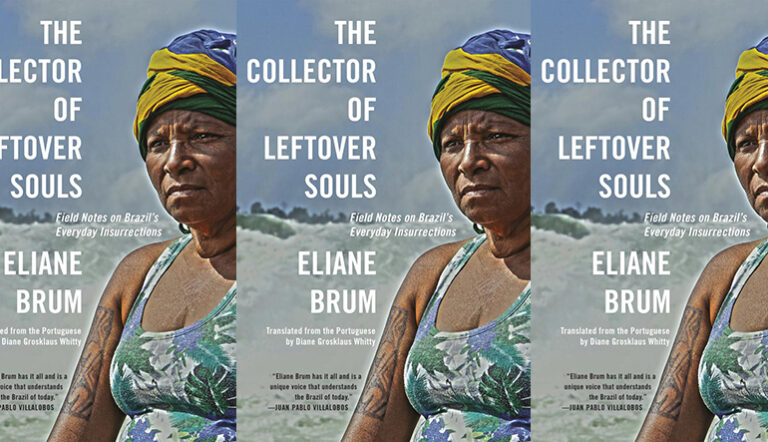The Best Story I Read in a Lit Mag This Week: “Creative Writing Instructor Evaluation Form” by April Wilder
Last week I came into the office where I work, sat down, ate an enormous bagel, and laughed so hard that the guy sitting behind me wheeled his chair over to my desk and said, “What’s so funny?”
I pointed at my screen where April Wilder’s story “Creative Writing Instructor Evaluation Form” was up on American Short Fiction. I was only on the third bullet of the story, and already I was unable to keep my shit together enough to avoid disturbing the people around me. (I laughed through the remaining questions, too—sorry, deskmates.)
Wilder’s story is clever and quick. Each time I gave it another read, a new line made me snicker (or the same line did again, prompting another “What are you laughing at?” from a nearby coworker—apparently I laugh loudly and disruptively). I have to say, you guys: there are few things capable of charming me the way a funny story can, and this story? Totally charming.
Written in the form of a course evaluation for a creative writing course, Wilder’s story slowly reveals the relationships between the course instructor, the program director, the students, and finally one student in particular. The questions range from appropriate and expected (“The instructor is organized”) to inappropriate (“The instructor wears a bra to class”) to very specific (“How’d that feel, Pierce? You like that?).
Wilder makes great use of the form to develop the world of this story. An evaluation passes through many hands, and Wilder includes the voice and perspective of many of them to full advantage. There’s the program director, ostensibly the creator and later reviewer of the form; there are the students, who take their time to rate the course by selecting the options available to them; and there’s the instructor, who will ultimately receive the form once feedback has been provided, in order to make changes to the course for the following semester. Wilder’s story is great because all these pieces fit together to expose different aspects of a single classroom and department dynamic, which ultimately creates an engaging narrative full of the gossip and secret tension typically absent from the classroom and this type of evaluation.
Of course, anyone who’s attended a college class knows that these evaluations aren’t always taken seriously by those who write them, review them, or fill them in—so instead of sterile, perfunctory, straightforward information about the course, what we get is tawdry, illicit, and absurd. The misuse of the form by the story’s characters reveal that they are their worst selves: the instructor is a drunk, incapable “artist”; the program director is philandering, narcissistic, and jealous of an eighteen-year-old student; the students as a whole are clueless, bored, disrespectful, and vapid.
Nobody comes out looking like a winner here, and the story is better for it. The potential answers adopt the language and tone often used by students in a classroom—the verbal uptick at the end of sentences, their blatant disinterest, and a sort of hands-off, this-isn’t-my-business defensiveness. We read on as the questions become more outlandish and provocative, eager to watch the emotional train wreck unfolding on the screen in front of us.
“Creative Writing Instructor Evaluation Form” ends with a defeated, exhausted tone that often accompanies the end of these evaluations. As a student, I can remember starting out all gung ho about filling in my answers, being articulate, clear and helpful. But by the end, I was always phoning it in. The same thing happens here, which made me laugh but also feels very true to both the story’s form and narrative. Adhering to both is an essential part of successfully coopting a form and manipulating it to tell a story, and Wilder does so magnificently.
You may have already read April Wilder’s “Creative Writing Instructor Evaluation Form.” (It was all over my Facebook feed a few weeks ago, which is how I originally discovered it.) But if you haven’t, you should head over to American Short Fiction and check it out. Maybe you’ll read it at work, snort-laugh your way through, and distract your coworkers as I did. And hey, if you do, you can email them the link to the story and listen as they crack up, too.
“The Best Story I Read in a Lit Mag This Week” is a series focused on—you guessed it—great pieces of fiction in recent issues of literary journals. Have a journal you think I should check out? Tell me about it in the comments or shoot me an email at lymreese at gmail dot com.


